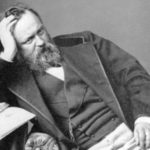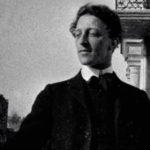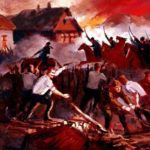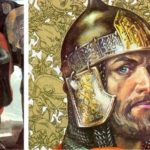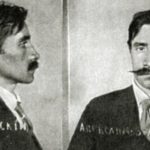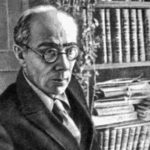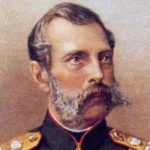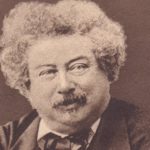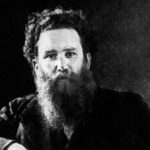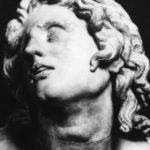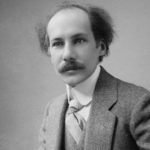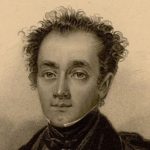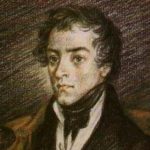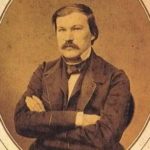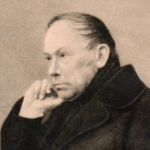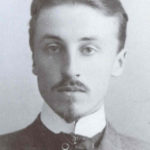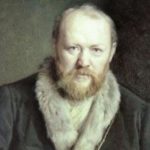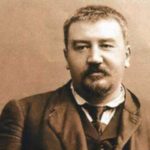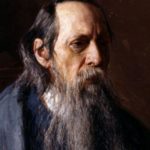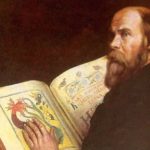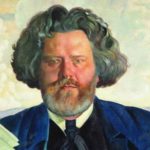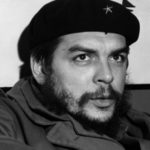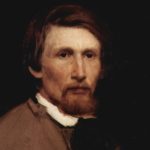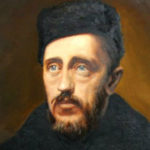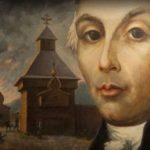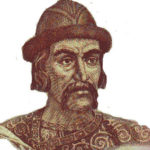Facts from the life of Alexander Kerensky
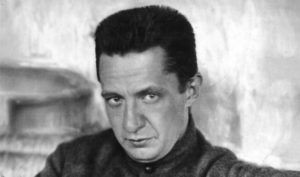 Revolutionary and politician Alexander Kerensky was one of those people who actually organized the February revolution of 1917, which eventually changed the state system in Russia and turned it into the USSR. His actions are estimated by historians very ambiguously. Nonetheless, Kerensky lived a truly eventful life, even if it is difficult to call it happy and joyful.
Revolutionary and politician Alexander Kerensky was one of those people who actually organized the February revolution of 1917, which eventually changed the state system in Russia and turned it into the USSR. His actions are estimated by historians very ambiguously. Nonetheless, Kerensky lived a truly eventful life, even if it is difficult to call it happy and joyful.
His last name comes from the village of Kerenki, where his father and grandfather were from.
Alexander Kerensky’s father reached the rank of state councilor and earned hereditary nobility for himself and his children.
Kerensky’s childhood passed in Tashkent.
In his youth, he was a talented actor and dancer, and willingly participated in amateur theatrical productions. Alexander Fedorovich even took lessons in acting and singing, and thought to become an opera singer.
Young Alexander Kerensky was arrested on charges of revolutionary activities. He spent about a year in prison, but was subsequently released for lack of evidence.
Three years before the revolution, Kerensky again almost went to prison due to the insult of the Kiev Court of Justice, but in the end, he was replaced by a temporary ban on his law practice.
At the end of 1916, Kerensky made an open appeal in public to overthrow the royal power. The Empress responded by noting that she should be hanged.
From the first days of the revolution, Alexander Kerensky actively supported her and in fact became one of her inspirers.
His political position was unique in that during the revolution, Kerensky was in positions at the same time in two opposing forces, the Provisional Government and the Petrograd Soviet. True, not for long.
According to his decree, new banknotes were issued, popularly called “kerenks”. True, they did not last long, as they quickly depreciated.
In 1917, when Alexander Kerensky visited the front, soldiers and officers handed him an award cross. He refused it and handed it over to General Brusilov, explaining that he did not have the right to a military award, since he had not fought at the front in person.
Kerensky declared Russia a democratic republic.
After the revolt of the Bolsheviks, he had to flee from St. Petersburg. The American diplomats who helped him in his car helped him in this.
After Lenin’s seizure of power, Alexander Kerensky wandered for a long time in various European countries, leading an active political life. He lived for a long time in Paris, but after the attack of Nazi Germany on France he moved to the USA.
Kerensky’s first wife was the daughter of a Russian general, and the second was an Australian journalist.
In the late 60s of the last century, he requested permission from the Soviet authorities to visit the USSR. Negotiations were canceled by him after the start of the invasion of Soviet troops in Czechoslovakia.
In the last days of his life, the seriously ill Kerensky, not wanting to burden anyone with caring for his person, refused to eat, deciding to die of starvation. Doctors had to install a nutrient solution for him, despite his protests.
Died in New York, Alexander Kerensky was buried in London, where he rests to this day.
The New York Orthodox churches, Russian and Serbian, refused to funeral Kerensky, accusing him of overthrowing the Russian monarchy.
Throughout his life, Kerensky wore the same haircut. Even in his youth, his wife advised her, and he followed her advice until his death.
